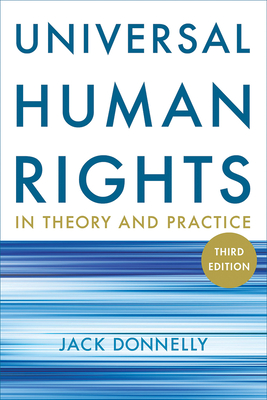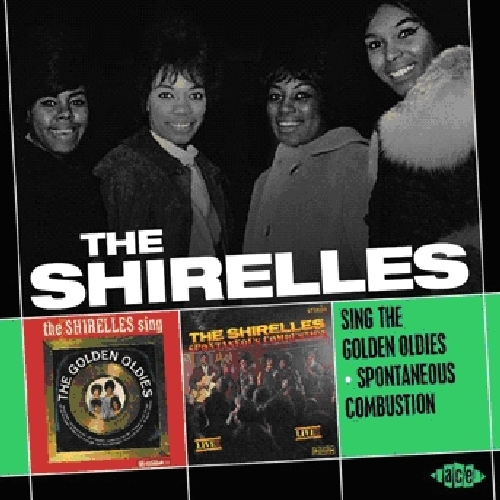
description
ic work, revised extensively and updated to include recent developments on the international scene, Jack Donnelly explains and defends a richly interdisciplinary account of human rights as universal rights. He shows that any conception of human rights--and the idea of human rights itself--is historically specific and contingent.
Since publication of the first edition in 1989, Universal Human Rights in Theory and Practice has justified Donnelly's claim that "conceptual clarity, the fruit of sound theory, can facilitate action. At the very least it can help to unmask the arguments of dictators and their allies."
member goods
No member items were found under this heading.
listens & views

TROMBONE & VOICE FROM HAPSBURG ...
by TROMBONE AND VOICE FROM HAPSBURG EMPIRE / VARIOUS
COMPACT DISC$19.99

SATURDAY SESSION / VARIOUS (LTD) ...
by SATURDAY SESSION / VARIOUS (LTD) (ITA)
COMPACT DISCout of stock
$10.75
Return Policy
All sales are final
Shipping
No special shipping considerations available.
Shipping fees determined at checkout.





